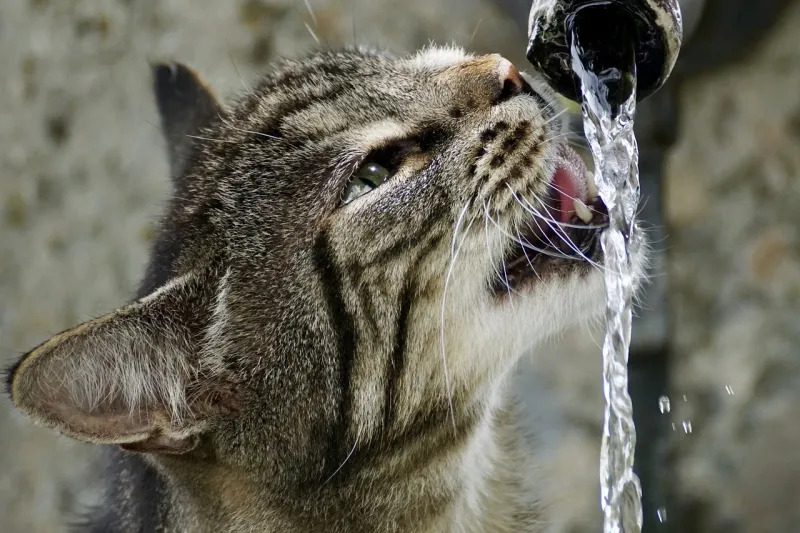
British researchers have compiled a rating of drinks that best moisturize the body and support water balance. Interestingly, water is far from being in the first place in this ranking.
In their study, the researchers proposed a tool called the Beverage Hydration Index (BHI). This index defines beverages by how much fluid remains in the body a few hours after consumption.
Skim milk, whole milk, and oral rehydration solutions were more hydrating than water. The study involved 73 healthy men who had not eaten anything before arriving at the laboratory and had normal body fluid levels.
Each of them drank a liter of still water or one of the other popular drinks offered, from cola to coffee to whole milk. Over the next four hours, the researchers measured their diuresis to find out how much fluid the body retains.
In particular, milk and oral rehydration solutions outperformed water in terms of hydration. Both skimmed and whole milk showed significantly higher BHI scores than water, with skimmed milk leading the way, retaining about 339 grams more liquid than water.
«Milk has been found to be even more moisturizing than plain water because it contains the sugar lactose, some protein and a little fat. These components slow down the emptying of the stomach, keeping fluids in the body longer. Milk also contains sodium, which helps the body retain water, reducing urine production», — explains the author of the study, Dr. Ronald Maughan.
Oral rehydration solutions contain a small amount of sugar, sodium and potassium, contributing to water retention in the body. Meanwhile, orange juice showed a moderate hydrating effect. Two hours after drinking it, it had a higher BHI than water, but after the researchers adjusted for water content, the difference was statistically insignificant.
The fact is that concentrated sugars in orange juice or cola trigger the osmosis process in the small intestine. Water from the body is sent to the intestines to dilute the sugar Technically, everything inside the intestines is outside your body.
Sodas, both regular and diet, are no better than water. They do not retain more water as well as soda. Caffeinated beverages, such as coffee and tea, are known to cause dehydration. However, a standard 360-milliliter cup of coffee contains about 80 milligrams of caffeine, which is not enough to cause increased diuresis in normal consumers.
However, at doses above 300 mg of caffeine — about 3 or 4 cups — the risk of fluid loss increases, especially for those who are not used to caffeine. However, the effect is short-lived and mild, and adding milk to your coffee can help offset it. The study showed that light beer containing about 4% alcohol did not significantly increase diuresis compared to water.
The results of the study are published in the journal The American Journal of Clinical Nutrition
Source: ZMEScience

Spelling error report
The following text will be sent to our editors: